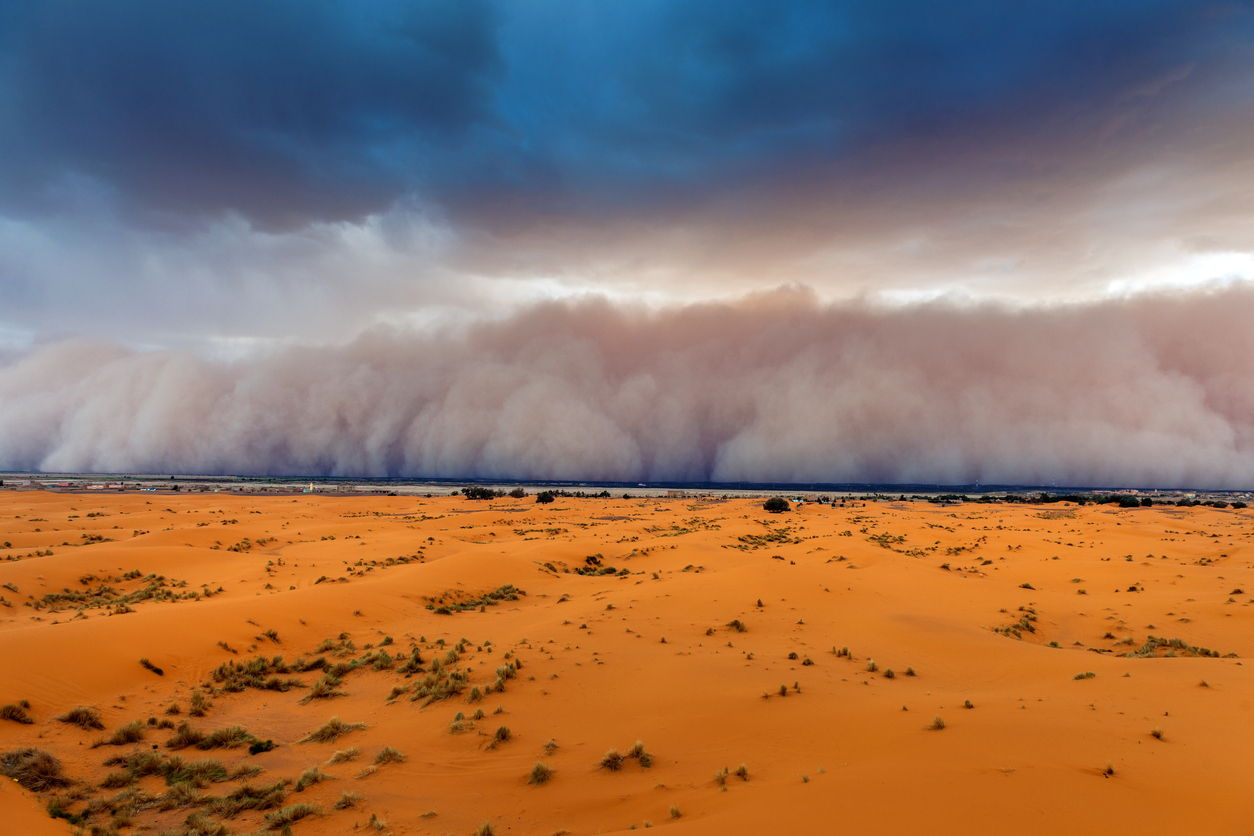Scientists claim that even though plumes from the Sahara are a relatively regular occurrence, this year’s dust cloud—which they’ve nicknamed “the Godzilla cloud”—is the worst that’s been observed in at least 50 years. Medical experts now fear that poor air quality will trigger respiratory issues, similar to the effects of dense wildfire smoke. That’s especially worrying as coronavirus already creates breathing issues for many patients. “Dust particles are what we call particulate matter, and we know that breathing in fine particles of anything is not good for the respiratory tract—especially people who are sensitive to poor air quality,” Thomas Gill, PhD, a professor of geological sciences at the University of Texas at El Paso, told NBC News. Medical experts are warning that the event will only make things worse for areas already suffering from poor air quality. “There is some emerging information that people who live in places with higher levels of air pollution may be at higher risk [of COVID-19]” Prof. Gregory Wellenius, PhD, of the environmental health department at the Boston University School of Public Health, told NBC News. “There may be potential interactions between air pollution and COVID symptoms or progression, but it’s still pretty early data.“ae0fcc31ae342fd3a1346ebb1f342fcb RELATED: For more up-to-date information, sign up for our daily newsletter. Besides having its picture snapped by astronauts on the International Space Station, the dust cloud has already been spotted as it made landfall across the Caribbean, prompting local officials to warn of “hazardous” air quality and urging residents to stay indoors and use air filters if possible. Hazy, limited visibility was already reported in Puerto Rico, Antigua, and Trinidad & Tobago, with experts forecasting conditions to hold there until Thursday, when the dust cloud is expected to start affecting the continental U.S. And for more on how the coronavirus can affect your breathing, check out Even Without COVID-19 Symptoms, You Could Have This Dangerous Side Effect.
